On the afternoon of October 22, the Committee on Culture and Education held its 6th plenary session to give opinions on the committee's work report for 2023 and its plan for 2024. During the meeting, Mr. Nguyen Dac Vinh, Chairman of the Committee on Culture and Education, shared some of his views on some issues when implementing the new general education program, especially the high school graduation exam and the use of the exam results for university admission. In his speech, Mr. Vinh expressed his concern about the "popularization" of multiple-choice testing.
Don't make sudden changes.
Mr. Vinh said that the implementation of the 2018 general education program is on schedule. Now the only remaining concern is the organization of the exam in 2025, when the 2018 general education program has been fully implemented. How to design the exam is a difficult task. "It is difficult but it must be done. Knowing that it is difficult, we must research carefully and discuss carefully to do it well. There are things that need to be considered, but the transition process should also be step by step, with a roadmap. For things related to a large system of many families and students, do not do anything too suddenly. But the direction of innovation towards better quality must be considered," Mr. Vinh expressed.
According to Mr. Vinh, it is reasonable to evaluate transcripts for university admission at a certain point in time. Transcripts are to record the learning results of students at a specific school. However, if transcripts are compared with the national average, if not careful, over time, it will affect the evaluation in high schools. When transcripts are used as a basis for comparison when considering university admission, high schools will pay attention to the scores in transcripts, and if not careful, education will go in a different direction.
Therefore, according to Mr. Vinh, there should still be exams at the end of each learning stage (not necessarily at each level, for example, after primary school, it may not be necessary). For example, now, after junior high school, localities still organize entrance exams for grade 10. After grade 12, exams can also be organized, but do not do it in a heavy-handed way. "The general idea is to set up knowledge tests for students in different schools to have conditions to recognize and evaluate by quality, so that places can look at it and make relatively accurate judgments about the quality level," Mr. Vinh expressed his opinion.
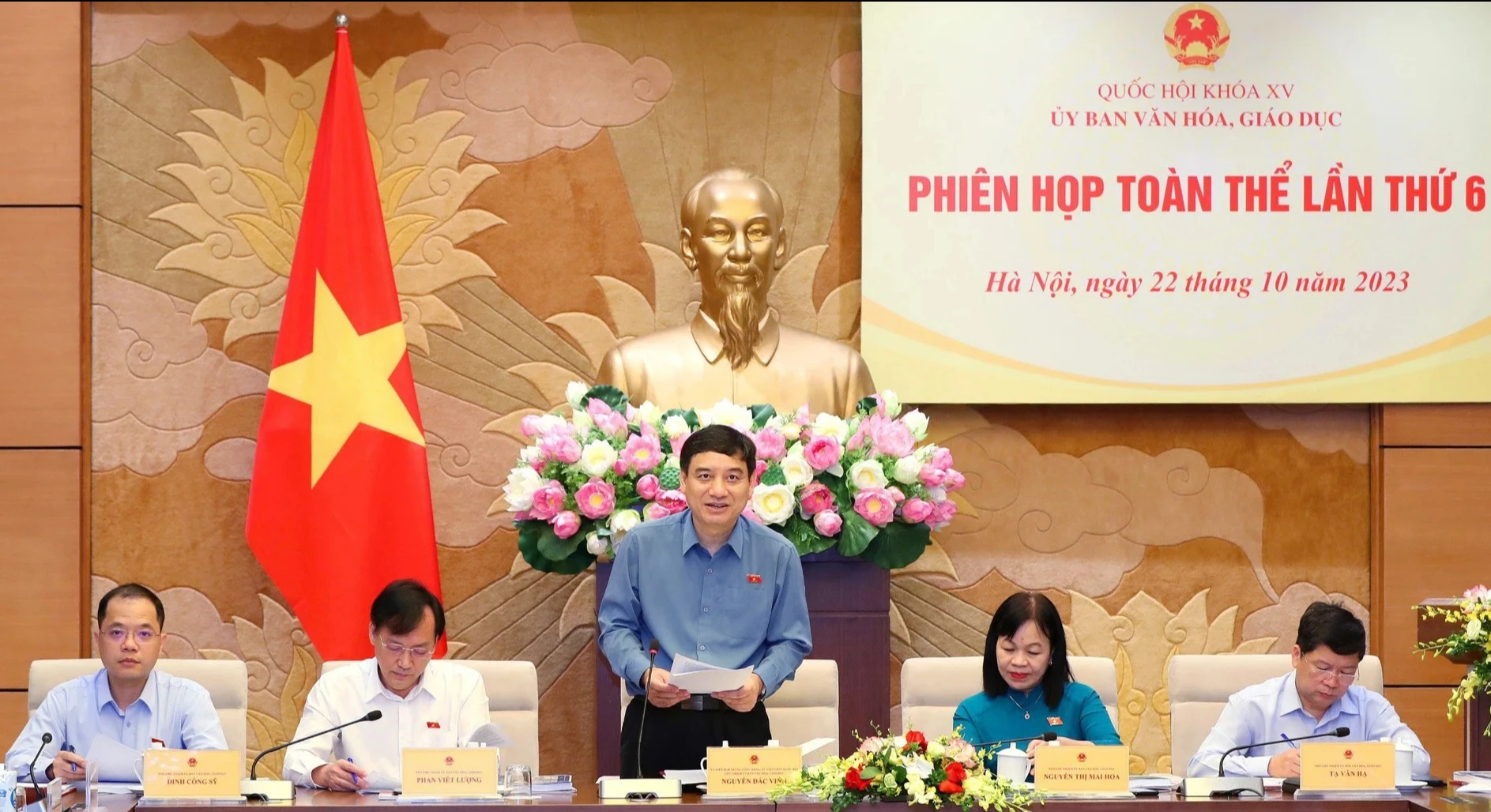
According to Mr. Nguyen Dac Vinh, it is necessary to continue discussing whether the multiple choice test format is suitable in which situations and to what extent.
Organizing a dual-purpose exam is to set very difficult problems.
According to Mr. Vinh, another issue related to the exam when students finish grade 12 is that it is necessary to discuss to unify the concept of the exam's goal. If the goal is the high school graduation exam, which is to test the general knowledge of the students, then we will design the exam with appropriate breadth (coverage) of knowledge.
Mr. Vinh analyzed: "Now we see that we have set ourselves a very difficult problem, which is to combine the goal of using the results as a basis for university admission. So the exam has an additional task of having enough differentiation to classify, both testing knowledge with wide coverage and classifying. It sounds simple but in fact this is a rather complicated requirement. If we want to increase the classification, we must increase the difficulty, the exam has in-depth questions.
Because the exam is aimed at serving admission, there must be questions that serve narrow expertise, which will affect the assessment of broad knowledge to serve the high school graduation exam. If the exam is only for the graduation exam, it will clearly be difficult to classify for university admission. We know it is very difficult, the Ministry of Education and Training also pays great attention to doing well in this exam."
Another issue was also raised by Mr. Vinh, but he emphasized that it was from his personal perspective as a National Assembly delegate, not representing the Committee on Culture and Education or the Standing Committee, which is the universalization of multiple-choice testing for all subjects. Mr. Vinh expressed his hope that National Assembly delegates as well as the Ministry of Education and Training would continue to think about the issue of whether to "universalize multiple-choice testing". It is necessary to continue to discuss whether the multiple-choice testing format is appropriate in which situations and to what extent. Especially, when testing and examination in major exams greatly affects the learning and teaching process of the entire system.
"There are issues to consider together. Of course, to come to a decision, we need to be careful and thorough. We also respect the Ministry of Education and Training and the Government , who are responsible for deciding that. As a National Assembly delegate, I raise the issue for you to consider further," said Mr. Vinh.
Source link




![[Photo] Cutting hills to make way for people to travel on route 14E that suffered landslides](https://vphoto.vietnam.vn/thumb/1200x675/vietnam/resource/IMAGE/2025/11/08/1762599969318_ndo_br_thiet-ke-chua-co-ten-2025-11-08t154639923-png.webp)



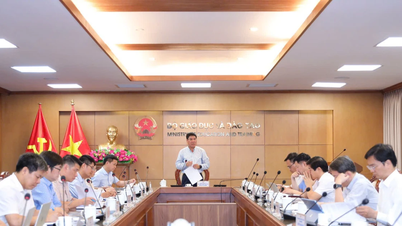

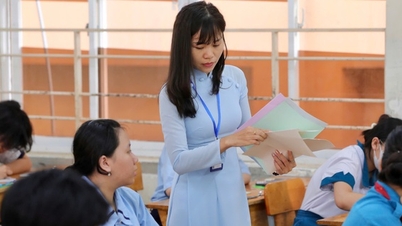









![[Video] University of Foreign Languages - Vietnam National University, Hanoi received the First Class Labor Medal](https://vphoto.vietnam.vn/thumb/402x226/vietnam/resource/IMAGE/2025/11/08/1762614378165_gen-h-z7203450341291-b1f427bb0cccc706a5bcc4b985f90a70-7234-jpg.webp)


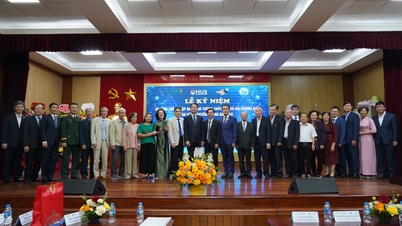




















![[Video] Hue Monuments reopen to welcome visitors](https://vphoto.vietnam.vn/thumb/402x226/vietnam/resource/IMAGE/2025/11/05/1762301089171_dung01-05-43-09still013-jpg.webp)














































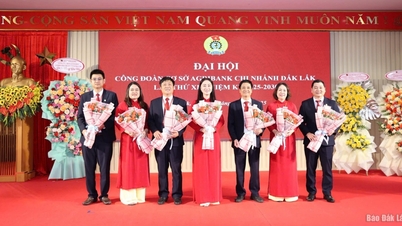




















Comment (0)